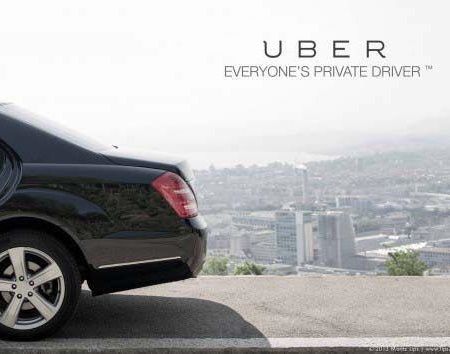Car sharing service Uber has not given up on Denmark and is prepared to make two major concessions to re-enter the market, its Nordic/Baltic representative Kåre Riis Nielsen has told DR Nyheder.
Three major concessions
Firstly, it will ensure that all drivers report their earnings to the tax department (if required by law).
Secondly, it is open to discussing a model that will guarantee its drivers sick pay and other benefits normally mandatory in most employment contracts.
Thirdly, it agrees that cars should have a taxi meter and a seat sensor to record passenger numbers, but such equipment should be based in digital technologies such as the Uber app.
We like Denmark, and Denmark like us
“We’re doing this because the Danes want Uber,” enthused Nielsen.
“We had over 300,000 users, which is one of the best [per capita rates] we’ve seen globally.”
Scratching Uber’s back?
But the government will need to meet Uber halfway, contends Nielsen, by abolishing its ceiling on the number of issued taxi licences, which currently stands at 125 per quarter, and no longer outlawing the use of private cars for taxi driving.
“We acknowledge that mistakes have been made,” continued Nielsen. “But we are now ready to play by the rules.
Government unlikely to change law, say MPs
Uber accordingly welcomes a discussion with representatives from the Danish government to find an agreement that satisfies both parties.
However, several MPs doubted the government would budge on its legislation outlined in the recent taxi law, and said Uber’s bid sounded like a desperate 11th hour effort.















